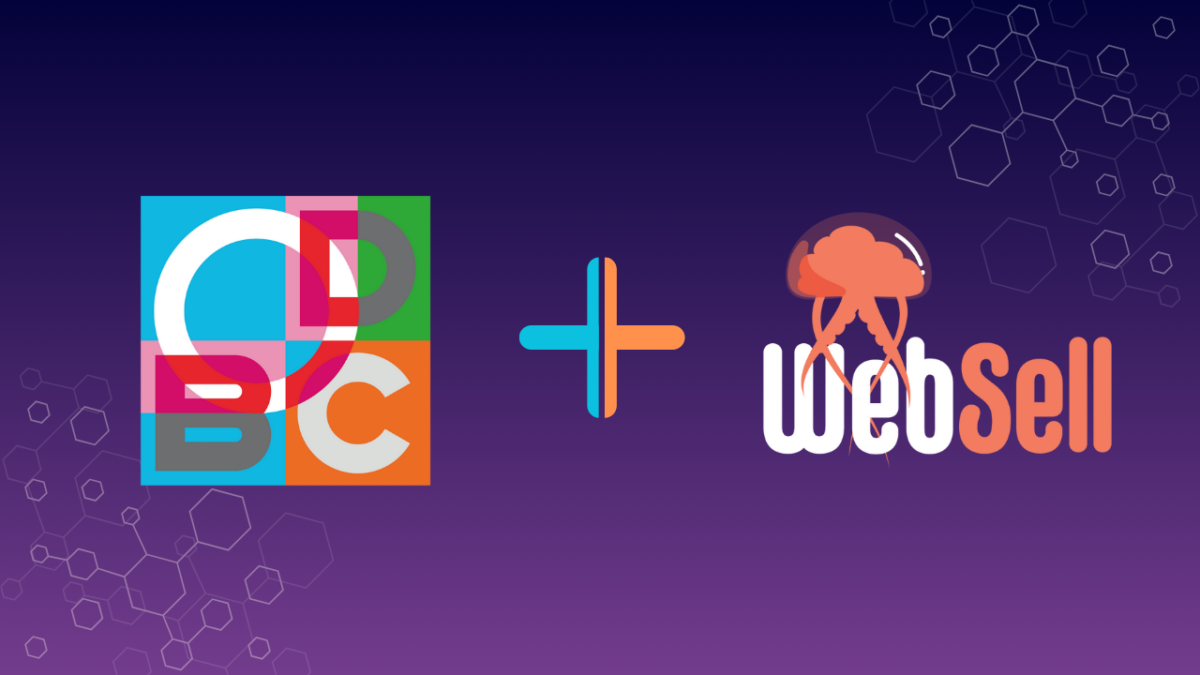Customer experience plays a pivotal role in the success of e-commerce businesses.
With a staggering 87% of companies recognizing that traditional experiences no longer meet customer expectations, it has become imperative to develop a robust Customer Experience (CX) strategy that not only meets but exceeds customer demands.
In this blog post, we will delve into 19 actionable strategies to enhance your customer experience and gain a competitive edge in the dynamic e-commerce industry.
1. Understand your customers
Gain deep insights into your customers’ preferences, needs, and concerns. Develop comprehensive buyer personas to understand their demographics, psychographics, and purchase behavior. This understanding will enable you to tailor your strategies to meet their specific requirements.
2. Differentiate CX from CS
While customer service is an integral part of the customer experience, it’s essential to recognize that CX encompasses every touchpoint a customer has with your brand. It encompasses the entire customer journey, from pre-purchase to post-purchase interactions.
3. Foster emotional connections
Build a strong emotional connection with your customers. Respond empathetically and personalize interactions to make customers feel valued and understood. This emotional bond will lead to increased customer loyalty and repeat purchases.
4. Listen to your customers
Actively listen to customer feedback through surveys, feedback forms, and social media channels. Analyze and act upon their suggestions, pain points, and concerns. This will help you improve your customer experience and build long-term customer relationships.
5. Utilize CX measurement metrics
Leverage key CX measurement metrics to gauge customer satisfaction and identify areas for improvement. These metrics include Customer Effort Score (CES), Net Promoter Score (NPS), Customer Satisfaction Score (CSAT), and Time to Resolution (TTR). Regularly monitor these metrics to track progress and make data-driven decisions.
6. Embrace an omnichannel approach
Create a seamless omnichannel experience that allows customers to interact with your brand across various touchpoints, including your website, mobile app, social media, and physical stores (if applicable). Ensure consistency in branding, messaging, and user experience across all channels.
Integrated e-commerce is the first step towards an omnichannel retail business. Read more about integrated e-commerce and discover how WebSell can help you achieve omnichannel retail.
7. Engage on social media
Utilize social media platforms to actively engage with your customers. Respond promptly to their queries, comments, and concerns. Foster meaningful conversations, run interactive campaigns, and share valuable content to build a loyal and engaged follower base.
8. Reward engaged customers
Implement a customer loyalty program to reward and incentivize your most engaged customers. Offer exclusive discounts, personalized offers, early access to new products, and other incentives to encourage repeat purchases and customer advocacy.
9. Audit the customer experience internally
Involve every department within your organization in understanding and improving the customer experience. Conduct regular CX audits to gather insights and feedback from different teams, including marketing, sales, customer support, and operations. This holistic approach ensures a comprehensive understanding of the customer journey.
10. Prioritize effective design
Optimize your website design to provide a seamless and user-friendly experience. Ensure that your website is mobile-responsive, intuitive to navigate, and visually appealing. Consider user experience (UX) best practices and conduct A/B testing to continually refine and improve your design.
11. Enable self-service options
Empower customers to find solutions to their queries independently by offering comprehensive self-service options. Create an extensive knowledge base, FAQ section, video tutorials, and troubleshooting guides to address common customer inquiries. This reduces the need for customer support and enhances customer satisfaction.
12. Research the competition
Conduct thorough competitive analysis to identify strengths, weaknesses, and gaps in the market. Study your competitors’ customer experience strategies, identify areas where they are succeeding or failing, and use these insights to differentiate your own customer experience.
13. Define and reference your ideal experience
Clearly define your vision for the ideal customer experience and use it as a guiding principle in all your CX efforts. Regularly reference this vision to ensure alignment and consistency throughout your organization.
14. Align customer service with your brand
Ensure that every customer service interaction reflects your brand’s unique personality and values. Train your customer support team to deliver responses that are in line with your brand’s tone, voice, and positioning. Consistent brand representation strengthens brand identity and fosters customer loyalty.
15. Implement live chat support
Integrate a live chat service on your website to provide real-time assistance and support to customers. Live chat enables immediate responses to queries, enhances customer satisfaction, and reduces friction in the purchase journey. Choose a reliable live chat solution that integrates seamlessly with your e-commerce platform.
16. Personalize product recommendations
Leverage customer data and browsing behavior to offer personalized product recommendations. Use artificial intelligence (AI) and machine learning algorithms to analyze customer preferences and suggest relevant products. Personalization creates a tailored experience that increases customer engagement and drives conversions.
17. Optimize website speed and performance
Ensure that your website loads quickly and offers a smooth browsing experience. Slow-loading pages and technical glitches can frustrate customers and lead to high bounce rates. Regularly monitor and optimize your website’s performance to provide a seamless and efficient experience for visitors.
18. Provide transparent shipping and returns policies
Clearly communicate your shipping and returns policies to customers. Offer flexible options, provide tracking information, and streamline the returns process. Transparent policies build trust and confidence in your brand, leading to enhanced customer satisfaction.
19. Continuously iterate and innovate
Customer expectations evolve over time, so it’s crucial to remain agile and adaptive. Continuously collect customer feedback, monitor industry trends, and seek innovative ways to enhance your customer experience. Embrace new technologies and strategies that align with your customers’ evolving needs.
Conclusion
By implementing these 19 strategies, e-commerce businesses can elevate their customer experience, outperform competitors, and cultivate long-term success.
Prioritize customer-centricity, invest in technology and resources, and continually strive for excellence in delivering exceptional customer experiences.
Get the latest e-commerce tips and news
-

WebSell Partners with ODBC to Expand Dynamics 365 Business Central E-commerce Across Europe
WebSell is delighted to announce a new strategic partnership with ODBC (Onward Dynamics Business Central), strengthening our ability to deliver fully integrated e-commerce solutions for Microsoft Dynamics 365 Business Central customers across Europe. This partnership brings together two complementary offerings. WebSell provides a purpose-built e-commerce platform designed specifically for Dynamics 365 Business Central, while ODBC
-

Why Refreshing Your E-commerce Website Design Matters More Than Ever
Your website is never “done”. In e-commerce, your webstore is your shop window, your sales assistant, and often your first impression. And just like a physical store, if it starts to look dated, cluttered, or difficult to navigate, customers notice fast. The internet is constantly evolving. Design standards change, customer expectations rise, devices shift, and
-

Large Language Model Optimization (LLMO) – How to Rank in AI-Driven Search
Large language models (LLMs) are AI systems trained on vast amounts of data to understand and generate human language. Both generative and conversational search are powered by LLMs: LLMs don’t search the web in real time (unless they use retrieval methods). Responses are based on patterns in their training data, which comprises billions of words